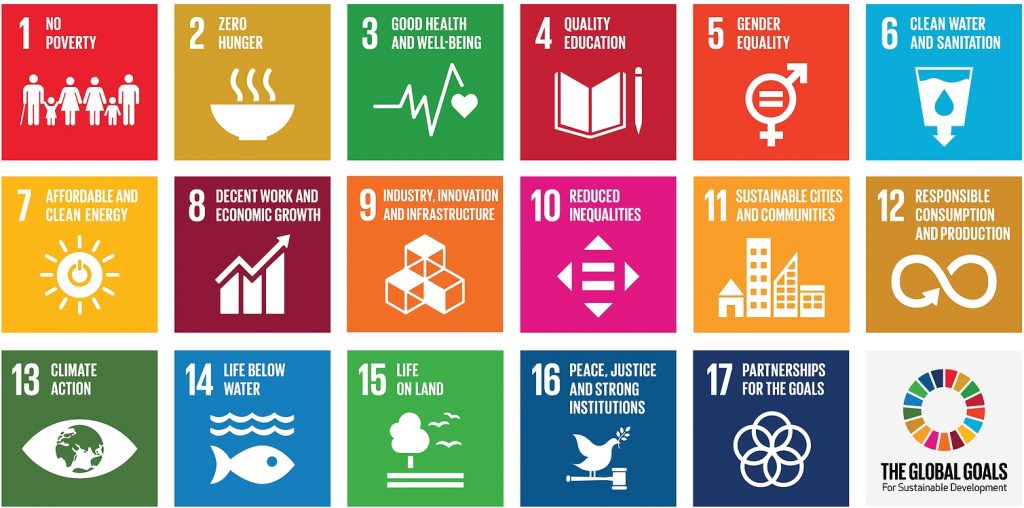Climate change and consulting

This is one of the most important and daunting questions of our time for everyone on the planet.There are many experts who eagerly share their thoughts on what actions should be taken, yet there is no one all-encompassing instant solution.To select action to take NOW, perhaps some key questionsare “What” action to take, and “How Fast, How Far?” can we go.What makes sense to do TODAY as an individual, company or government?
Your company may have been working on this for a decade or more, or it might still feel relatively new.Policy uncertainty and evolving technology make decision-making more difficult. There’s unlimited reading on the subject available, but it seemed useful to provide some context on implications to companies, and insight into the questions companies are addressing.
Climate Action is one of only 17 Sustainable Development Goals agreed by all United Nations countries to be top priorities for our global survival and resiliency.And Climate Action must be addressed in conjunction with work on the other 16 goals – they are interrelated and comprehensively address our planet’s environmental issues, people and socio-economic issues.For example, an energy company is directly impacting (positively, negatively or both) the goals of Clean Water and Sanitation (#6), Affordable and Clean Energy (#7), Decent Work and Economic Growth (#8), Industry Innovation and Infrastructure (#9), Responsible Consumption and Production (#12), Climate Action (#13), and Life on Land (#15).
As a sustainability consultant, I advise companies onbroad Climate Action questions at the strategic level across many parts of the company.I’ve listed a few common ones below.In each case, the answers include focusing on a few top priorities, engaging with key stakeholders, and institutionalizing action so that it “sticks” and the company can build on the foundations created.Pulling the answers to these and other questions together builds strategy and action plans that can make the company more “sustainable” – more resilient to changes from the physically changing climate, government policies, stakeholder expectations and much more.
Climate consulting answers questions like:
- Under what government policy conditions would CO2 Capture and Storage (CCS) be economically viable?
- Which companies should do a report aligned with the recommendations of the Task Force for Climate-Related Disclosures?
- What tool could help our company decide which emission reduction projects to do first – what is the “low-hanging fruit”?What is a Marginal Abatement Cost Curve (MACC)?
- What staffing is needed to be sure the company is taking smart action to reduce its emissions, advocate for policy, focus innovation on smaller-footprint options, report the company’s results effectively and more.
- How does my private equity company ensure our portfolio companies are taking appropriate action?
- How should we reduce risks of a physically changing climate and provide for resilient adaptation of our facilities?
- What innovation priorities would transform our company/industry and lower emissions in alignment with the Paris Agreement and science-based targets?
- How do we fit into the energy transition?
“What should we do about climate change?” is one of the most important and daunting questions of our time for everyone on the planet.It is important at every level – for us as individuals, for communities, companies, academia, non-profits, cities, nations and globally.It is important in every facet of our lives – in our role as parents, students, corporate leaders, voters, sports enthusiasts, writers and every other walk of life.There are a myriad of possible answers and solutions from which to choose.First, prioritize your actions based on your current realities, stakeholder expectations, and government policies.Then, engage diverse stakeholders to understand and live into your priority actions and finally, create or strengthen systems to do the work efficiently and effectively.


